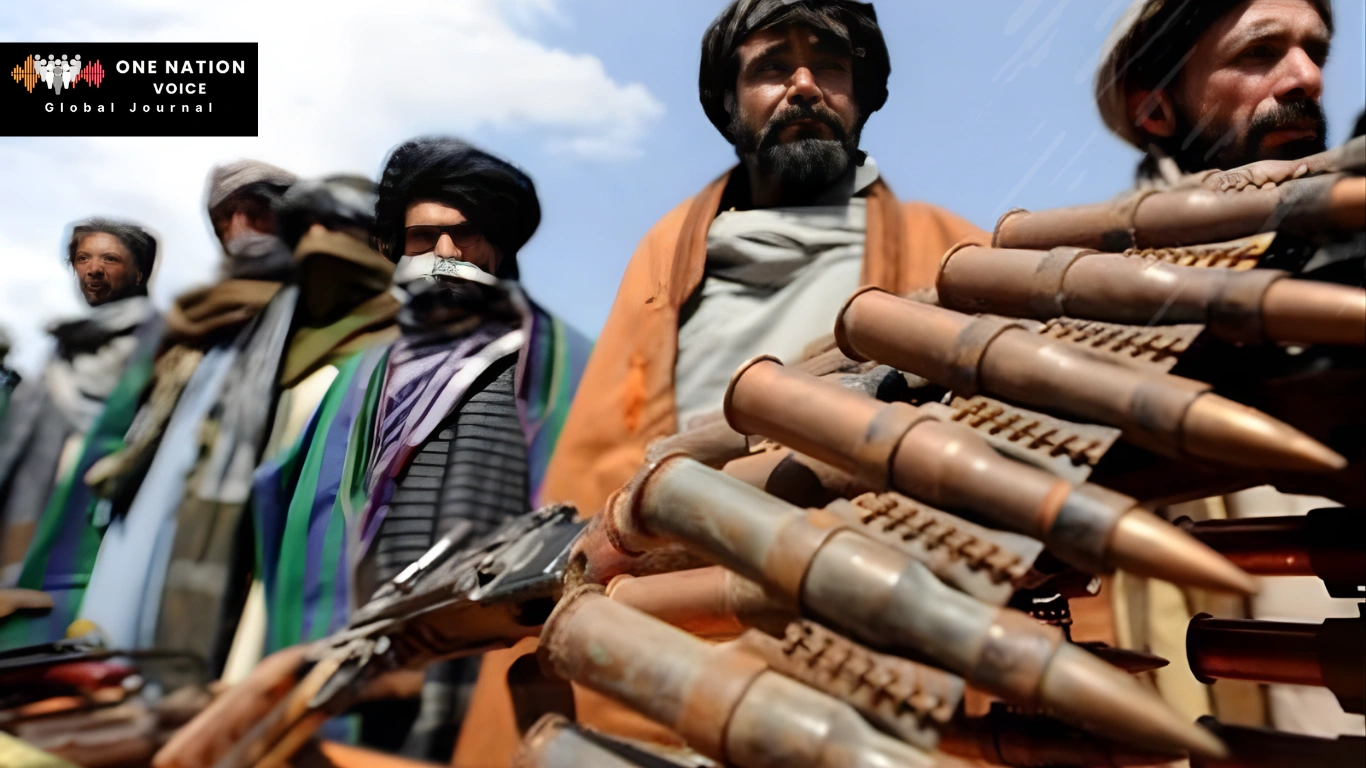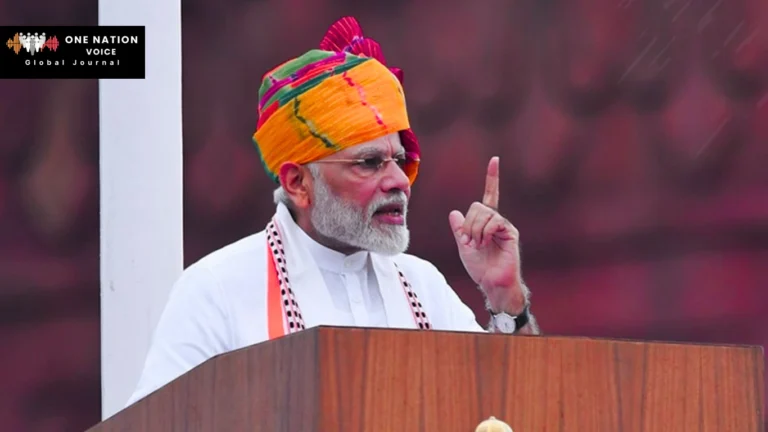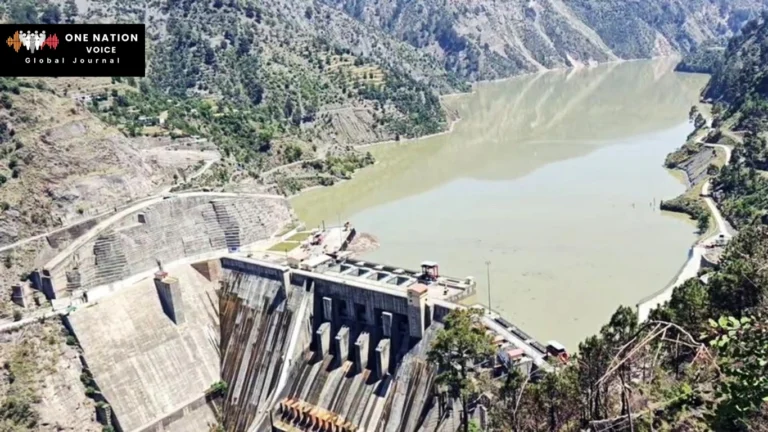Taliban Inaction on TTP Validates Pakistan as Talks Fail

Taliban Inaction on TTP Validates Pakistan as Talks Fail
One of the highest ranking members of the TTP has confirmed what Pakistan has been alluding to. He told the Washington Post that the Afghan Taliban does not put any pressure to halt attacks within Pakistan. The role of Kabul is left with no ambiguity with that statement.
It demonstrates the apparent lack of action and silent endorsement of cross border terrorism.
Pakistan has made several warnings that the Taliban government houses the TTP. As of 2021, over a thousand attacks have been executed out of Afghan soil. Islamabad provided evidence every time and Kabul denied it all. However, those refusals are now demolished.
Collapse of Istanbul Talks
Pakistan used verified intelligence at the Istanbul talks. The officials insisted on written agreements to destroy the TTP and BLA networks. They were not new prerequisites, as they have been the long standing position of Pakistan. Kabul’s delegation refused and did not make any commitments, instead they gave blame and empty rhetoric.
Broken Promises of Kabul
The confession of the TTP goes directly against the diplomatic assurances of Kabul. The Taliban government assured Pakistan, China, and others that no terrorism would be launched in Afghanistan. However, TTP camps are still active in Kunar, Nangarhar, and Paktika. There is free movement of militants across the border. Moreover, video clips of attacks in North Waziristan and Khyber are being shared online without fear of any punishment.
Pakistan Legal and Defensive Position
The counter terrorism strikes by Pakistan are in accordance with international law. They are covered by Article 51 of the UN Charter, the right of self defense. Islamabad has emphasized that diplomacy will not be halted as it will be followed by a self defense mechanism.
The Taliban’s inaction is not mere negligence, it is their survival strategy.
Militant groups provide money, manpower, and influence with the crumbling economy and poor governance. They are the economic basis of the war economy of the Taliban. Thus, these groups will ensure that peace and governance take a back seat as long as they exist.
There is also a digital war, along with acts of violence. Anti-Pakistan discourses are propagated by networks affiliated with the General Directorate of Intelligence of the Taliban. Notably, many are amplified by Indian digital cells. They are aimed at blaming and victimizing the Taliban. Yet it is a diversion from the broken promises of Kabul in the Doha Agreement.
Diplomatic Mediation and its Limitations
The gap was attempted to be bridged by Turkey and Qatar in Istanbul. Ankara sat in the negotiation talks patiently while Doha maintained informal networks. Their role is acknowledged in Pakistan, but gratitude should not imply sacrifice, as national security remains the top priority. In the case of Pakistan, it is something that can be checked. The actions imply documented agreements, post-facto surveillance, and the breaking of established networks.
International Implications
The official announcement of TTP alters foreign relations. It is no longer Pakistan that accuses Kabul. The Taliban have been proved inactive by their own militants. Moreover, the world’s silence is becoming harder to justify. It must abandon the notion that Afghanistan is merely a passive actor.
Patience is on the wane within Pakistan. The government and military agreed on one aspect, which is that the attacks must be ceased. The protection against border infiltration has increased. Also, the operations of intelligence are currently more aggressive. Therefore, the authorities threaten to act unilaterally in case of continued attacks on Pakistan.
Implications for Afghanistan
The future of Afghanistan will depend on the decisions it will make. The further promotion of militants will increase isolation. As a result, aid and trade are likely to decline, and even allies like China, Iran, and Russia are losing patience over Afghanistan’s extremist safe havens. Consequently, the Taliban’s hopes for international recognition are fading.
Therefore, Pakistan seeks no confrontation, it aspires to a stable and peaceful Afghanistan. However, peace requires trust, and trust demands action. Kabul’s refusal to sign written guarantees in Istanbul left little room for optimism, as progress is impossible without such assurances.
A Narrow Path Forward
Pakistan is still receptive to diplomacy. It appreciates the mediation of Turkey and Qatar. There will be no return to negotiations without concrete action. As the message is clear, national security comes first, dialogue second. However, the reality of this situation is no longer contested. TTP is shielded by the Taliban government and TTP does not give up its attacks.
So, the Istanbul process has failed, leaving the world with a choice, either staying silent or holding Kabul accountable. Afghanistan is in the next step of securing regional peace. There is still hope that Kabul will put an end to its double game. Otherwise, Pakistan will be left on its own. The stand it has taken is evident and has been justified. Ultimately, it is the actions of the Taliban that will determine the outcome of this situation.
The views and opinions expressed in this article are exclusively those of the author and do not reflect the official stance, policies, or perspectives of the Platform.















